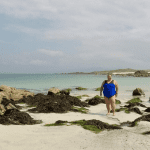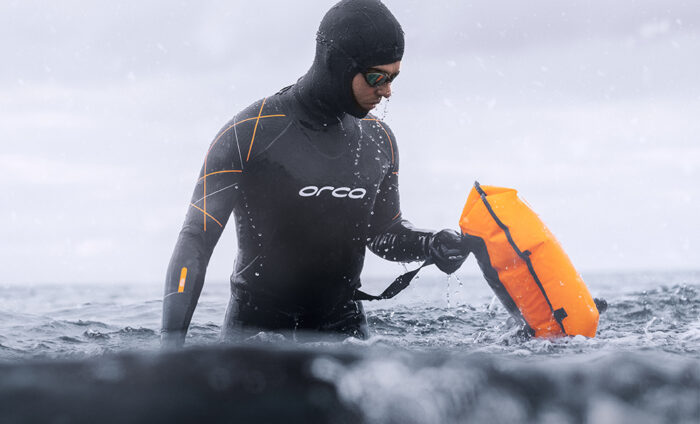
Orca wetsuits: Neoprene isn’t recyclable – but can it be sustainable?
Sponsored by Orca
We speak to wetsuit makers Orca about their mission to minimise their impact on the environment
As we all strive to lead low-waste, climate-conscious lives, our decisions as consumers of swim-related products are increasingly influenced by our obligation to consider the impact our purchases have on the environment. For open water swimmers, wetsuits and other neoprene accessories present a major dilemma. The fact that neoprene can’t be recycled remains a big concern for the sustainability-conscious among us. Wetsuit brand Orca have heard our worries and have committed to embark on a mission to minimise their impact on the environment.
What are Orca doing as a wetsuit brand to minimise their impact on the environment?
1. Making products that last
Orca say that they consider sustainability to be an “essential” part of their work and that they “consider the impact of our actions on the environment in advance, assessing carefully and form a scientific perspective”.
Although their neoprene cannot be recycled, Orca say that they are combatting the problem by making sure that their wetsuit last.
“We believe that the best way we can create as less impact as possible is by using high quality materials and investing in design and quality controls,” they say in their sustainability statement. “People can easily find Orca wetsuits older than 4-6 years when usually swimming wetsuits last 2-3 years. This is why we use less prints and 100% Yamamoto neoprene and coatings.”
Due to their partnership with Yamamoto neoprene, Orca work closely with their suppliers on the need to use ecologically natural materials. They also implement annual training for their suppliers to build awareness of the issue.
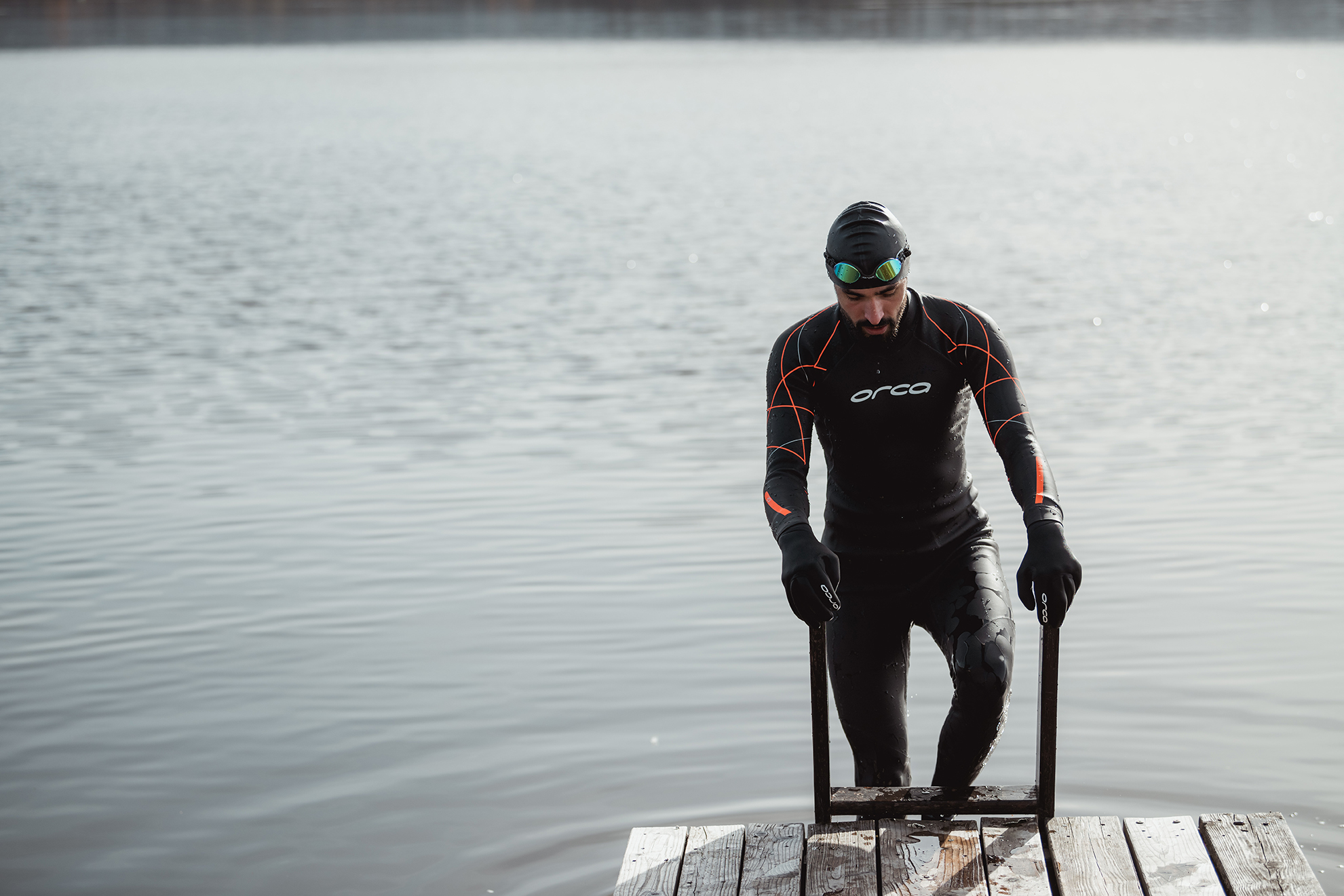
2. Improving packaging and distribution
Elsewhere, the brand says it is working hard to make sure that their packaging and distribution processes are also more environmentally friendly.
According to Orca: “Our Product and Logistics teams work together to optimize the packaging and boxes we use to ship them. In 2020, we eliminated the use of plastics in our wetsuit packaging and in 2021 for the rest of the products in our catalogue.
“Our goal is to increase the use of recycled fabrics to reduce as much as possible the resources we consume.
“However, as a global brand, we are aware that unless we become a company that manufactures and sells locally, it is impossible for us to be totally sustainable. Even though it is a complicated and increasingly difficult goal to achieve, we will continue to work towards it.”
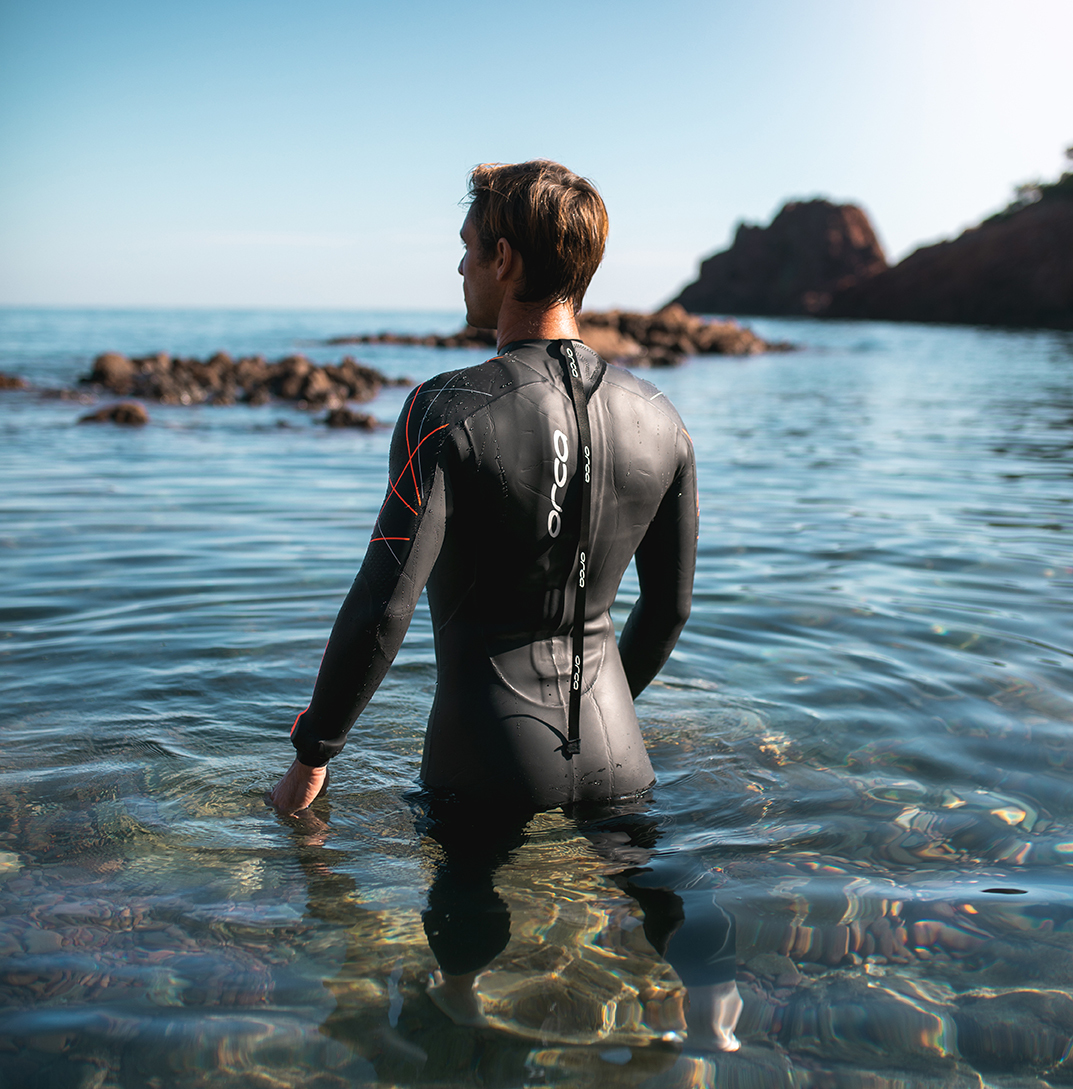
Credit: @clementbrouste
3. Upcycling Orca Challenge
Orca believe the outdoor swimming community can help them to find new uses of old wetsuits. They are running the Upcycling Orca Challenge, a social media campaign where everyone can share their own homemade solutions.
4. Spreading awareness
Orca say that “clear and consistent” communication with their community is another way that they can inform and influence consumers and raise awareness of the issue of sustainability.
They also want to make sustainability more accessible by creating low impact products that are accessible to the majority of the population. They want to make it more feasible for customers to join them, by carrying out initiatives that they can easily participate in with little investment of time or money.
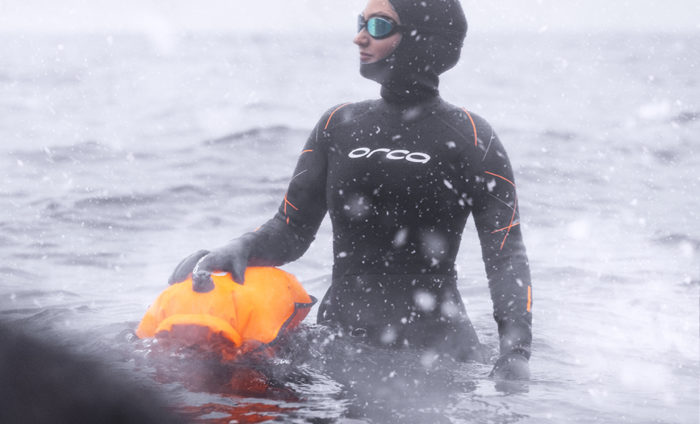
Credit: @sandvide
5. Supporting environmental associations
Orca already work with the Ocean Recover Alliance and in the coming months are launching a “Pick me up” bag that their community can use to remove plastics from their favourite spots. Once it is open, 100% of the sales from the scheme will go to the Ocean Recovery Alliance.
Win an Orca Openwater RS1 Thermal Wetsuit!
We’re giving you the chance to win an Openwater RS1 Thermal Wetsuit, the wetsuit that provides the most thermal protection of the Orca range. All you need to do is answer a simple question to be in with a chance of winning!
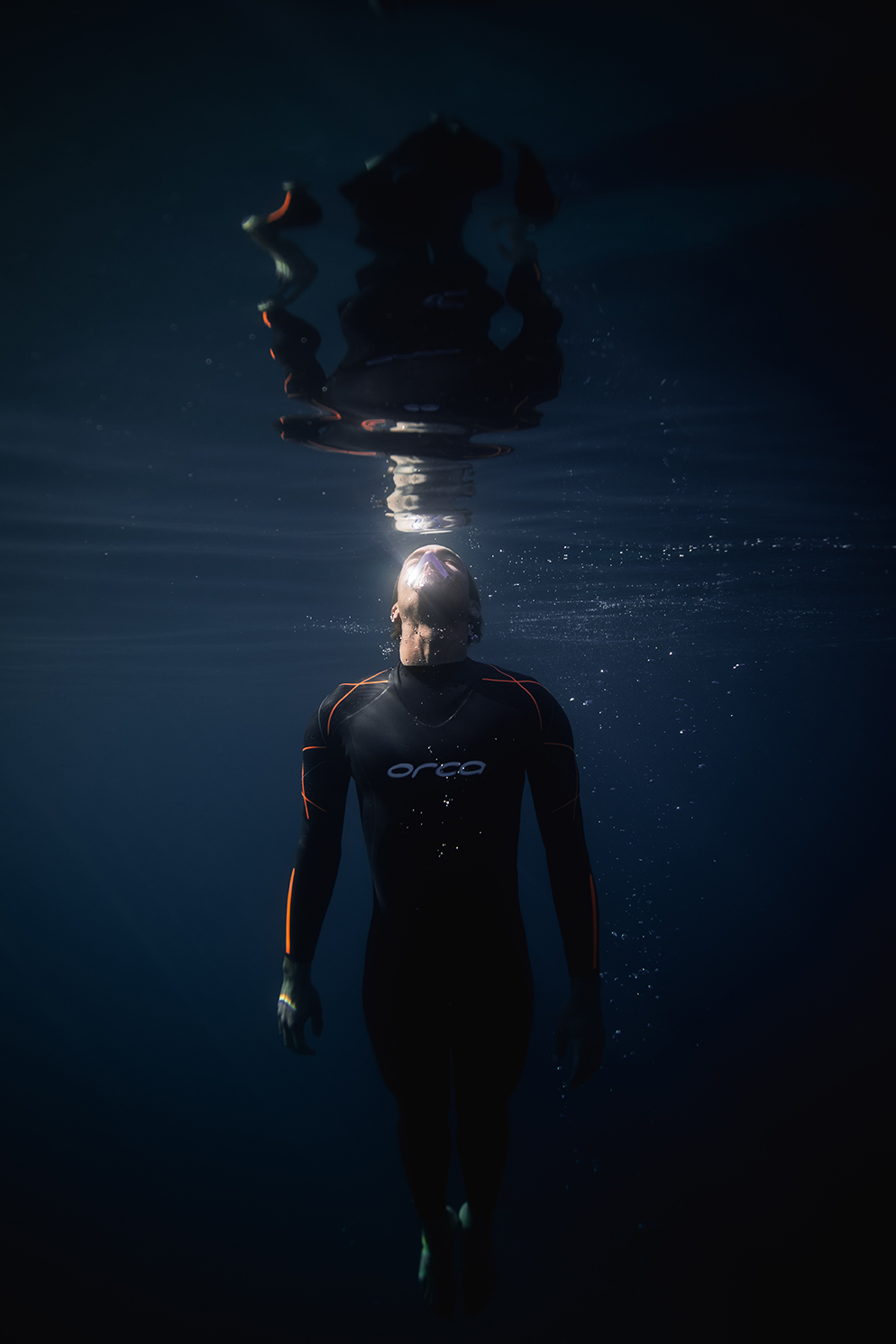
Credit: @clementbrouste








